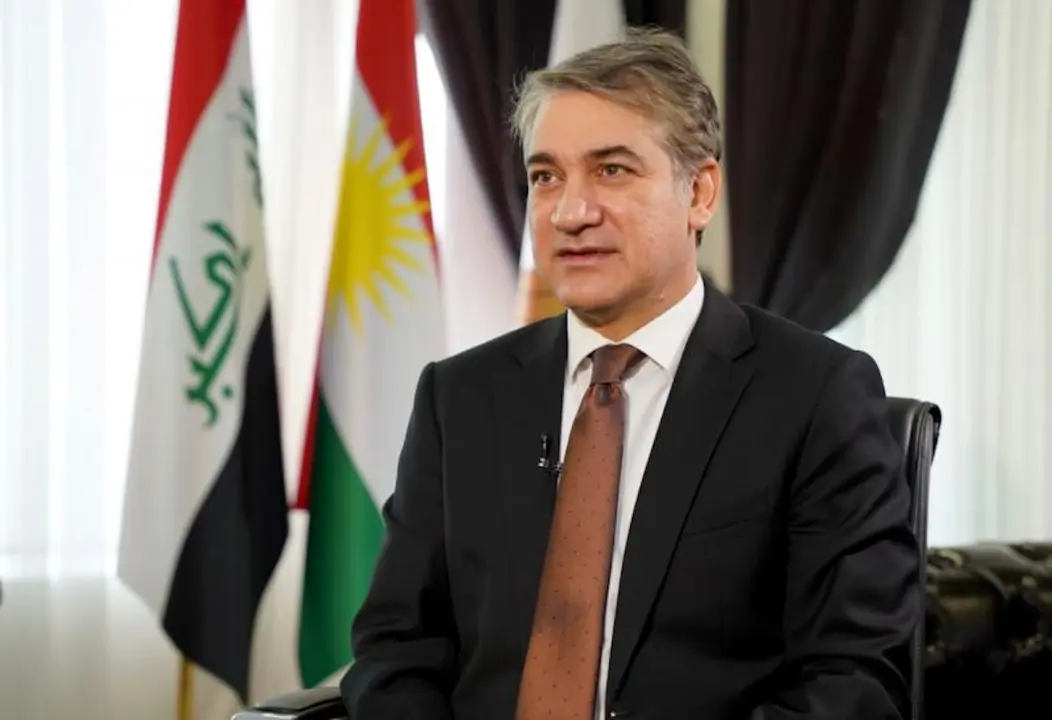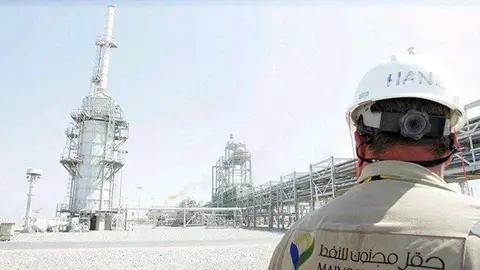Jutiar Adel stresses Barzani government’s accomplishments ahead of Iraqi KRG’s vote

Iraq’s Kurdistan region is preparing to hold parliamentary elections on October 20, following repeated delays. The electoral campaigns began a few days ago amid heated competition, especially between the two main political parties, the ruling Kurdistan Democratic Party (KDP) and the Patriotic Union of Kurdistan (PUK).
Dr Jutiar Adel, head of the media and information department in the Kurdistan Regional Government (KRG), talked to Dr Haitham El Zobeidi, executive editor of Al Arab Publishing House, about the regional government’s preparations for the elections and its achievements and challenges ahead of the vote, in addition to its relationship with Baghdad.
Addressing the accomplishments of Masrour Barzani at the helm of Iraq’s KRG, Adel said that “more than 80 percent of the programme announced by the regional government in July 2019 has been achieved”. “If it weren’t for the crises that hit the region, the achievements would have reached 100 percent,” he added.
He mentioned “unprecedented accomplishments” such as the building of dams, artificial lakes, factories, roads and bridges as well as service projects, in addition to measures aimed at anchoring e-government and developing the banking sector.
On his government’s record in fighting crime and corruption, Adel pointed out that the fight on both planes has yielded tangible results. “The Kurdistan region is safer than many European capitals. As for corruption, the regional parliament has enacted the reform law at the suggestion of the Kurdistan Regional Government, which is a very important law as it introduced a set of radical changes in the financial administrative structure”.
The government had put in place a set of projects which enhanced transparency and established an electronic financial expenditure system.
Adel dismissed the notion of a “crisis” stemming from the continuing showdown between the Kurdistan Democratic Party and the Patriotic Union of Kurdistan
“The ballot box will allow people to choose and there is no deep crisis, as competition exists in every election in the world”.
Adel does not believe the upcoming elections will reflect regional influence. “There is competition in this elections between political parties whose interests will be eventually reflected in parliament.
“In the end, our goal is to serve the people of the KRG”, he said.
The senior Kurdish official is positive about ties of Arab countries to Iraq and the prospects of regional investments in the country. “Relations are good with most Arab countries, especially the Gulf, and there are investments that have been completed and others that will be completed soon with a number of countries such as the Emirates, Qatar and Saudi Arabia, and our doors are open to all”.
On the security situation, Adel stressed that the KRG “enjoys stability, security and an environment that is favourable to development” noting that “the government’s efforts are continuing to unify the Peshmerga forces”.
Adel underlined the need to carry out the Sinjar agreement signed on October 10, 2020 between the federal government and the KRG dealing with the restoration of normal conditions in Sinjar, “which unfortunately has not been implemented until now”.
He described the Peshmerga forces as “a regular force recognised constitutionally with defence as their doctrine.”
He added the KRG “supports the voluntary return of the displaced to their places of origin”
Asked about the KRG’s response if the Iraqi government halted oil exports or did not provide the budget which the Kurdish government needed, Adel noted that “the region’s oil exports were actually stopped nearly two years ago, and despite that, the region was resilient enough and continued to provide basic services, build projects, and construct schools.
During that period, eight dams were built, 585 infrastructure projects were completed, approximately 1,400 km of roads were paved, 629 school classrooms were constructed, 1,967 municipal projects were implemented and 994 industrial plants were established”.
He described the relationship with Baghdad as “good”, explaining that there has been understandings between the regional government and the federal government.
“Among such understandings are those related to financial issues and salaries, and regarding oil, border crossings and security and military coordination”. He added that what matters at the end is that these understandings are implemented.
“I say that the issue of the KRG is one of land and history,” he concluded.










